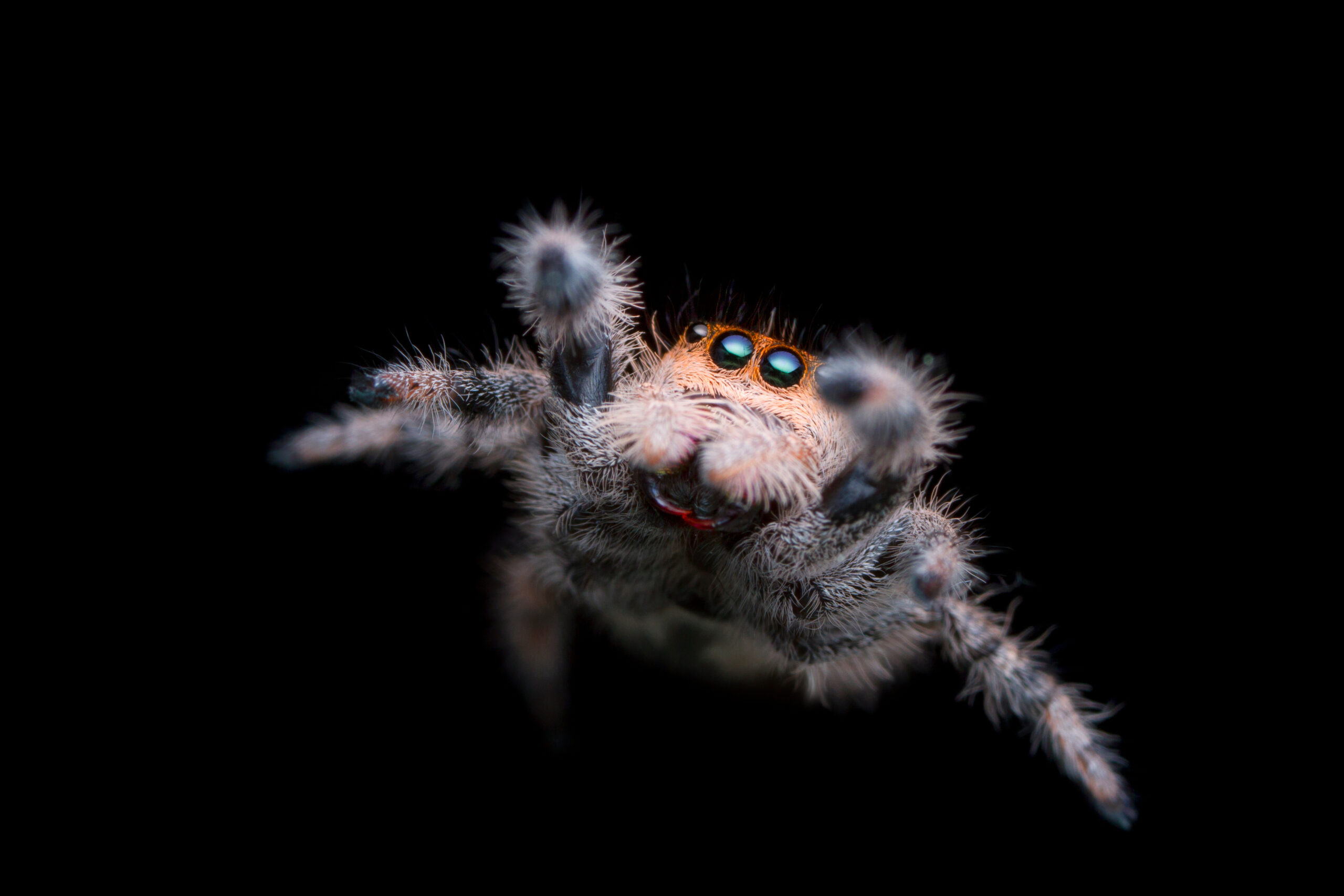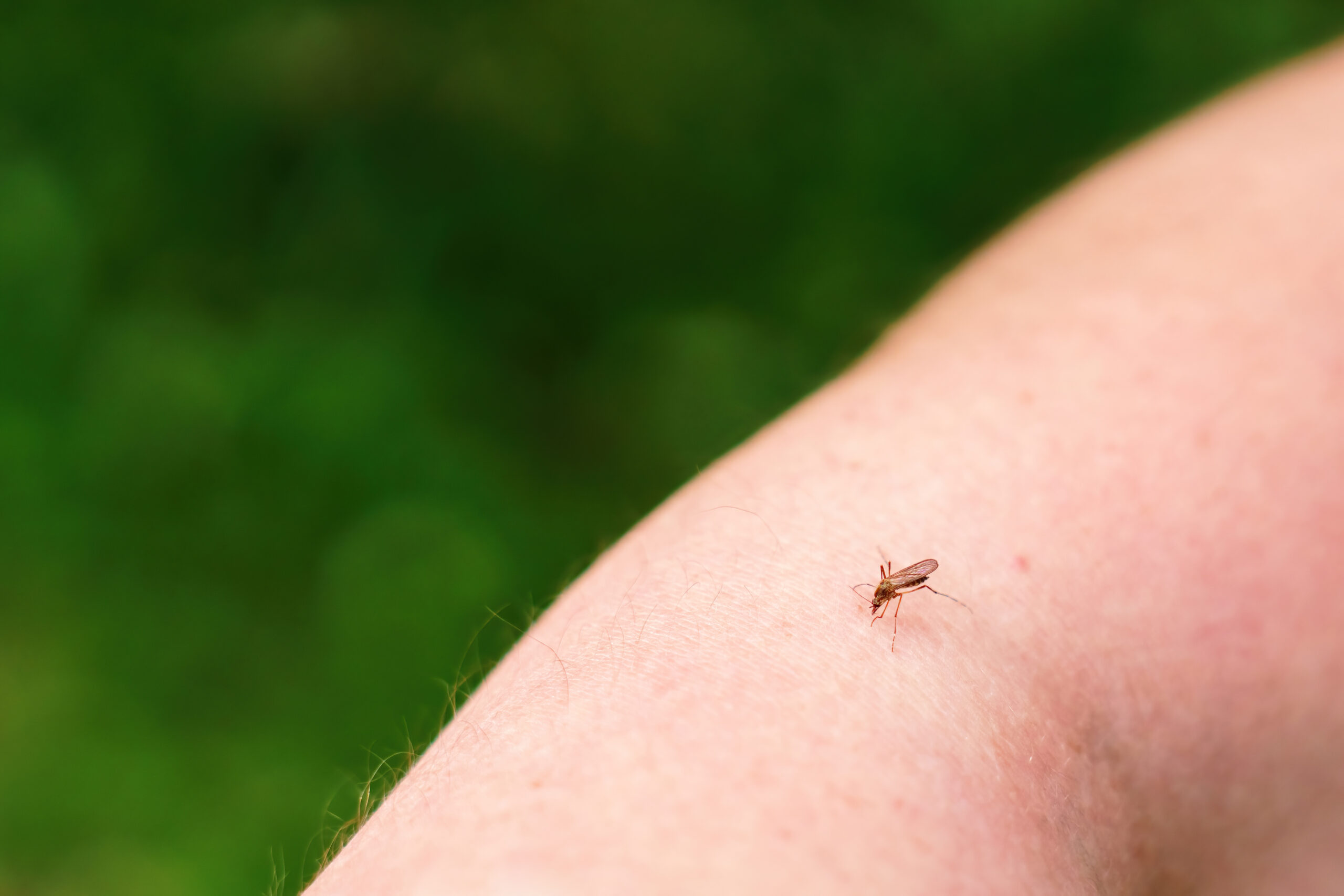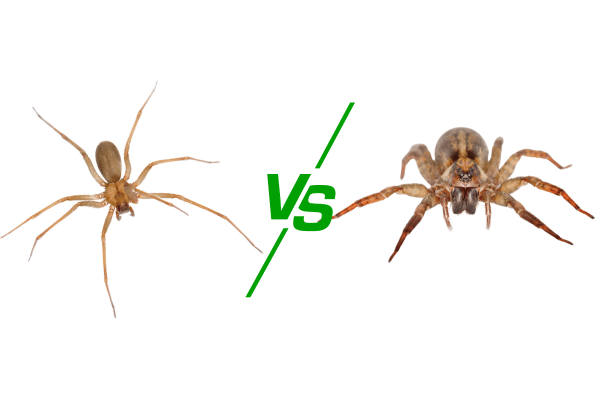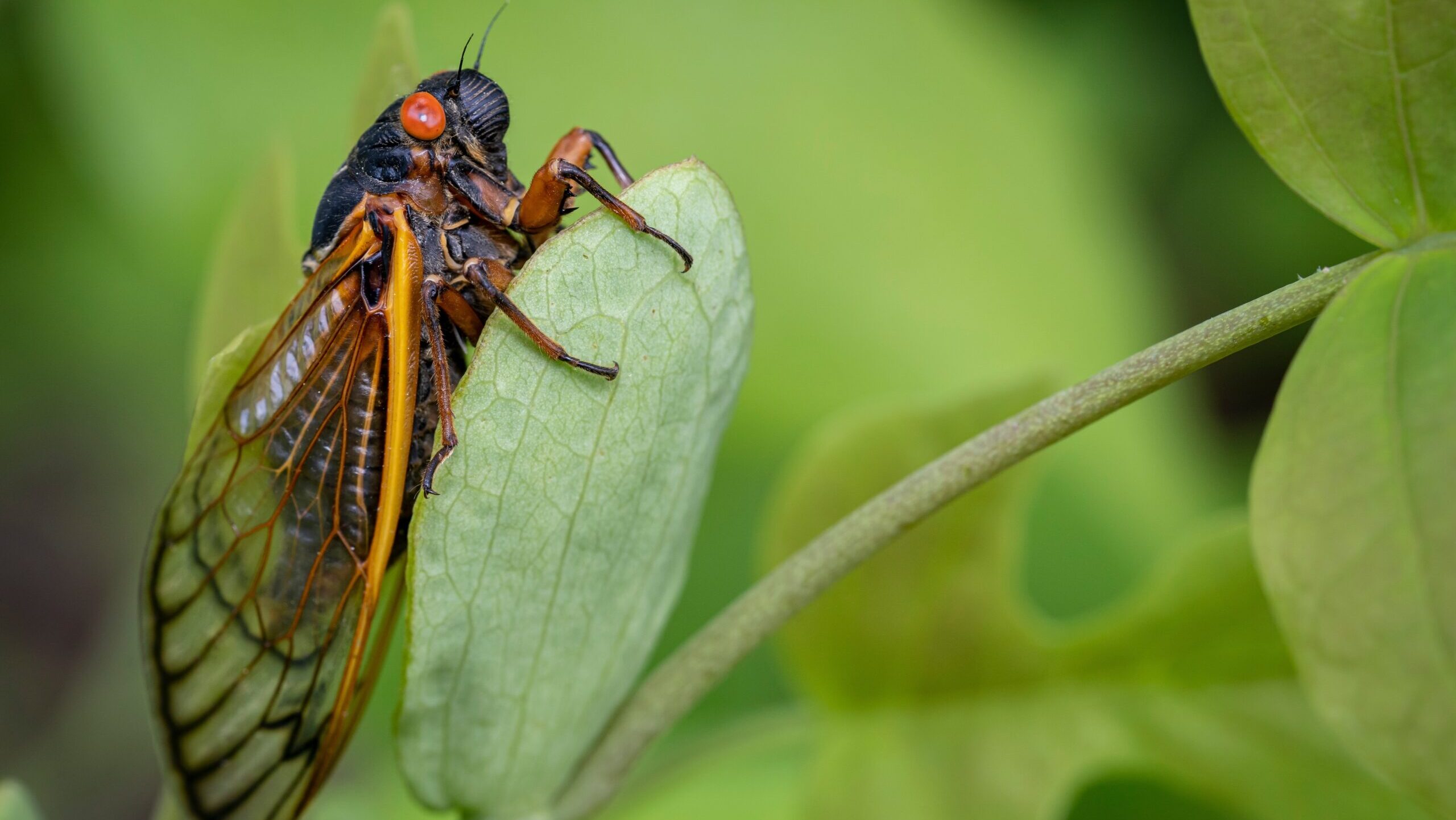Arizona is home to a variety of interesting wildlife, including jumping spiders. While many people find spiders unsettling, jumping spiders are actually some of the least intimidating species. Known for their agility, excellent vision, and curious nature, these spiders are more likely to pique your interest than pose a threat. In this post, we’ll explore the unique features of jumping spiders found in Arizona, their behavior, and how to handle them if you find one in your home.
What Is a Jumping Spider?
Jumping spiders are part of the Salticidae family, which includes over 6,000 species worldwide. These spiders are known for their ability to leap great distances, typically to catch prey or escape predators. Instead of spinning webs to catch their meals, jumping spiders are active hunters.
Key Characteristics of Jumping Spiders:
- Size: Generally small, around 1/4 to 1/2 inch in length.
- Appearance: They often have compact, robust bodies with short legs. Their most striking feature is their large, forward-facing eyes, which give them excellent vision. While most jumping spiders are black, brown, or tan, some species boast vibrant colors.
- Behavior: Jumping spiders are diurnal hunters, meaning they are active during the day. They are curious by nature and can often be seen inspecting their surroundings before deciding whether to jump.
Are Jumping Spiders Dangerous?
Jumping spiders are not dangerous to humans. While they do have venom, it’s only strong enough to immobilize their insect prey, such as flies or other small bugs. Human reactions to a jumping spider bite are generally mild, often no worse than a mosquito bite, with slight redness or itching.
Jumping Spider Bites:
- Symptoms: In the rare case that a jumping spider bites a human, the symptoms typically include mild irritation or swelling, which resolves without medical treatment.
- When to Seek Help: Although rare, any sign of an allergic reaction such as swelling, difficulty breathing, or persistent pain should be treated by a medical professional.
Why Jumping Spiders End Up in Your Home
Jumping spiders prefer outdoor environments but occasionally enter homes, usually in search of food or shelter. They are often attracted to homes with a high population of insects, which serve as their primary food source.
Common Attractants:
- Insects: Jumping spiders hunt for small insects, so a home with a bug problem is likely to attract them.
- Shelter: Like most spiders, jumping spiders seek out sheltered, hidden areas where they can rest and hunt.
- Windows and Doors: You may often find jumping spiders near windows where they hunt insects attracted to light.
How to Keep Jumping Spiders Out of Your Home
Though harmless, jumping spiders may not be welcome inside your home. Fortunately, there are several ways to discourage them from entering.
- Seal Cracks and Gaps: Check for small openings around windows, doors, and walls where spiders might enter, and seal them with caulking or weatherstripping.
- Control Insects: By reducing the number of insects inside your home, you can make it less attractive to jumping spiders. Regular pest control services can help with this.
- Maintain Cleanliness: Vacuum corners, behind furniture, and areas where spiders might hide. Regularly cleaning windows and light fixtures can also help reduce insect activity, which will deter spiders.
- Outdoor Maintenance: Keep bushes, plants, and shrubs trimmed and away from the exterior of your home to minimize the chances of spiders finding shelter close to the house.
Jumping Spiders Are Harmless Helpers
Jumping spiders may look intimidating with their quick movements and large eyes, but they are harmless and beneficial to have around. As natural predators, they help control insect populations, making them a welcome guest outdoors. If you encounter one in your home, it’s usually easiest to guide it outside where it can continue hunting.
If jumping spiders—or other pests—become a frequent issue in your home, Phoenix Pest Control can help. Our experts provide effective pest control solutions tailored to your needs, keeping your home free from unwanted guests while maintaining a healthy balance with nature.
For more information or to schedule a consultation, reach out to Phoenix Pest Control today!




